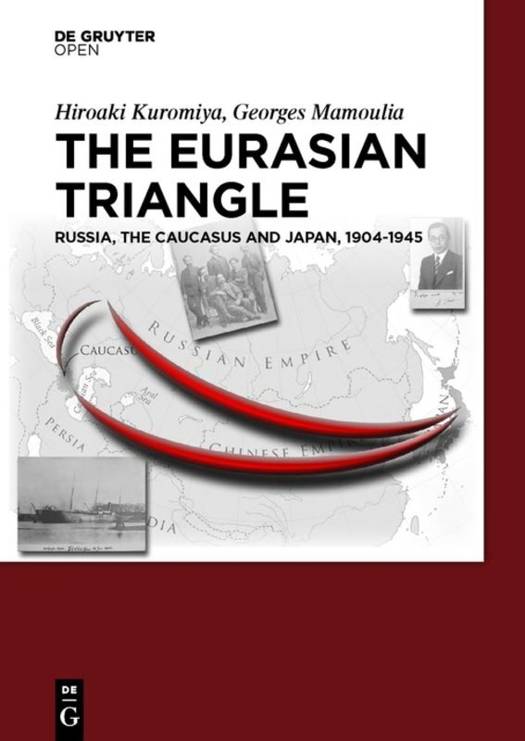
- Afhalen na 1 uur in een winkel met voorraad
- Gratis thuislevering in België vanaf € 30
- Ruim aanbod met 7 miljoen producten
- Afhalen na 1 uur in een winkel met voorraad
- Gratis thuislevering in België vanaf € 30
- Ruim aanbod met 7 miljoen producten
Zoeken
The Eurasian Triangle
Russia, The Caucasus and Japan, 1904-1945
Hiroaki Kuromiya, Georges Mamoulia
Hardcover | Engels
€ 54,45
+ 108 punten
Omschrijving
Even the best books on international history are ignorant of the secret war against the Russian Empire and the Soviet Union waged jointly by the Caucasian peoples and Japan in the first half of the twentieth century. This book explores and exposes previously unknown passages in Eurasian international history. Although the secret war ultimately failed in liberating the Caucasian peoples, the lessons of this Eurasian collaboration were not lost on the United States, which after World War II confronted the Soviet Union just as Japan had earlier. Washington copied the strategy of its former enemy and developed it further. The Eurasian triangle of Russia, the Caucasus, and Japan is a forgotten history of cardinal importance that, stretching from the Russo-Japanese War to World War II, influenced Western Cold War strategies. This book is also the story of a friendship rare in international politics between two unlikely partners unspoiled by political vicissitudes.
Specificaties
Betrokkenen
- Auteur(s):
- Uitgeverij:
Inhoud
- Aantal bladzijden:
- 239
- Taal:
- Engels
Eigenschappen
- Productcode (EAN):
- 9783110469516
- Verschijningsdatum:
- 8/04/2016
- Uitvoering:
- Hardcover
- Formaat:
- Genaaid
- Afmetingen:
- 170 mm x 246 mm
- Gewicht:
- 612 g

Alleen bij Standaard Boekhandel
+ 108 punten op je klantenkaart van Standaard Boekhandel
Beoordelingen
We publiceren alleen reviews die voldoen aan de voorwaarden voor reviews. Bekijk onze voorwaarden voor reviews.











